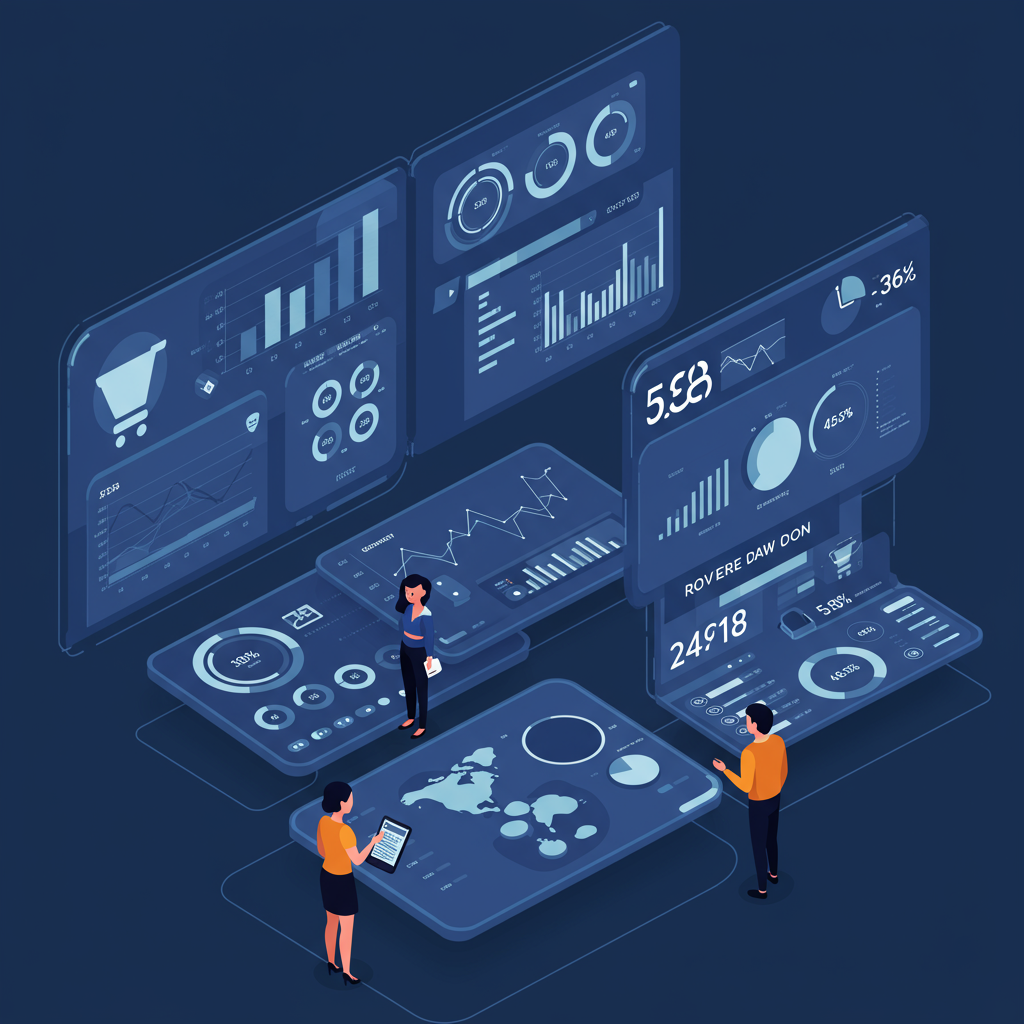Discover how Artificial Intelligence can revolutionize your e-commerce store, from automating tasks to personalizing customer experiences.
As a Shopify merchant, I’m constantly looking for ways to streamline operations, enhance customer experience, and ultimately, boost sales. The e-commerce landscape is evolving rapidly, and staying competitive means embracing innovation.
One of the most transformative forces I’ve seen emerge in recent years is Artificial Intelligence (AI). It’s no longer a futuristic concept; it’s a practical, powerful tool available right now to help us grow our businesses.
I’ve spent considerable time exploring how AI can be integrated into a Shopify store, and I’m excited to share my insights on unlocking this powerhouse technology. My goal is to guide you through the essential AI tools and apps that can truly make a difference.
So, why should you, as a busy merchant, care about AI? Simply put, AI can automate repetitive tasks, provide deeper insights into your customers, personalize shopping experiences, and optimize your marketing efforts with unprecedented efficiency.
Think about the time you spend writing product descriptions, answering common customer queries, or trying to figure out what products to recommend. AI can handle much of this, freeing you up to focus on strategy and growth.
Let’s dive into the specific areas where AI can revolutionize your Shopify store. The first major category I want to discuss is content generation, particularly for product descriptions.
Manually writing unique, engaging, and SEO-friendly descriptions for hundreds or thousands of products is a monumental task. AI-powered content generators can do this in seconds.
These tools analyze product attributes, keywords, and even your brand’s tone of voice to create compelling descriptions that resonate with your target audience and improve search engine visibility.
Next up, let’s talk about customer service. This is an area where AI truly shines, offering 24/7 support without the need for a human agent around the clock.
AI-powered chatbots are becoming indispensable. They can answer frequently asked questions, provide order updates, guide customers through the purchasing process, and even troubleshoot common issues.
This not only improves customer satisfaction by offering instant responses but also significantly reduces the workload on your support team, allowing them to focus on more complex inquiries.
Personalization is another critical aspect of modern e-commerce, and AI is at its core. Customers expect tailored experiences, and AI makes this possible on a grand scale.
AI recommendation engines analyze browsing history, purchase patterns, and demographic data to suggest relevant products to individual shoppers. This can be seen on product pages, in shopping carts, and even in post-purchase emails.
Implementing these recommendation tools can lead to higher average order values and increased conversion rates, as customers discover products they genuinely want or need.
Moving on to marketing, AI offers incredible capabilities for optimizing your campaigns. From email marketing to advertising, AI can help you reach the right audience with the right message at the right time.
AI-driven email marketing platforms can segment your audience, personalize email content, and even optimize send times for maximum engagement. This means more opens, more clicks, and ultimately, more sales.
For advertising, AI can help you identify high-value customer segments, optimize ad spend across different platforms, and even generate ad copy and visuals that are more likely to convert.
Image optimization is often overlooked, but it’s crucial for both aesthetics and site speed. AI tools can automatically remove backgrounds, enhance image quality, and compress files without sacrificing visual appeal.
This not only makes your product images look more professional but also ensures your site loads quickly, which is vital for SEO and reducing bounce rates.
Inventory management and forecasting can be a headache, especially for growing stores. AI can analyze sales data, seasonality, and market trends to predict future demand with remarkable accuracy.
This helps you optimize stock levels, prevent stockouts, and reduce carrying costs, ensuring you always have the right products available when your customers want them.
Finally, let’s consider SEO and analytics. AI tools can analyze your website’s performance, identify keyword opportunities, and even suggest content improvements to boost your search engine rankings.
They can also provide deep insights into customer behavior, helping you understand what’s working and what’s not, so you can make data-driven decisions to improve your store.
When choosing AI apps for your Shopify store, I recommend looking for solutions that integrate seamlessly, offer clear benefits, and provide good support. Start with one or two areas where you feel the most pain, and then expand.
The future of e-commerce is undeniably intertwined with AI. By embracing these tools now, you’re not just keeping up; you’re positioning your business for significant growth and efficiency.
I truly believe that leveraging AI is no longer an option but a necessity for any serious Shopify merchant. It’s about working smarter, not just harder.
What do you think about the potential of AI for Shopify stores? I’d love to hear your thoughts and experiences!






